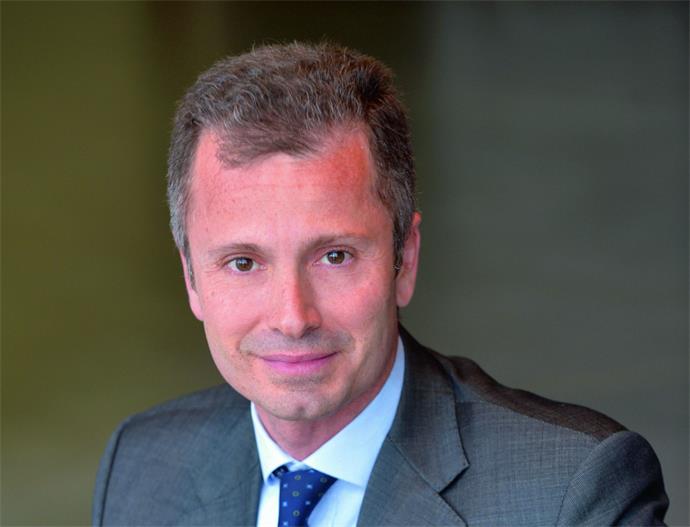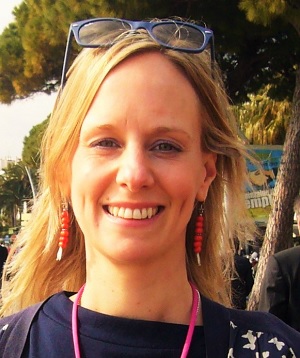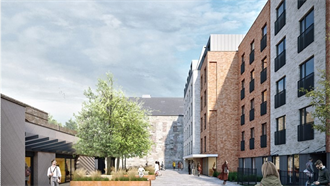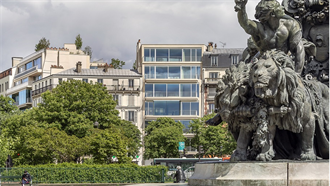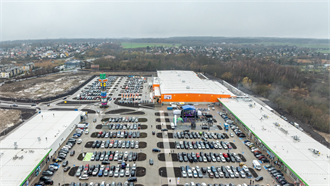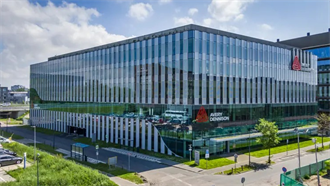This year’s edition of the annual trade fair in Cannes turns the spotlight on the challenges posed by geopolitics, urbanisation, demographics and technology.
Twelve months on from Mipim 2016, the global real estate industry is facing a set of challenges that would have seemed unthinkable a year ago. The UK referendum last June drew back the curtain on a changing global order, demanding an agile response from the real estate industry. According to Filippo Rean, director of Reed Midem’s real estate division, Mipim’s unique forum is more relevant than ever in times like these.
‘The theme of Mipim 2017 is a “New Deal for Real Estate”, setting the tone for those key global challenges that will impact the real estate sector in the coming years,’ Rean tells PropertyEU. ‘Taking into account Brexit and the US, French, German and Italian elections, how will these changes in power ricochet off the sector and impact on investment, governance and global cooperation?’ he asks. Beyond the unpredictability of politics, urban planning, demographics and technology remain key issues, featuring strongly in Mipim’s programme of events.
‘In the coming years, 8.3 billion people will live on earth and over 60% of the population will live in cities,’ notes Rean. ‘The other main global challenge is digitalisation. Very soon, over 1 trillion objects will be connected to the internet and all the data collected from the users and the buildings will clearly modify the way real estate professionals are working.’
POLITICS FIRST
It’s hard not to focus on politics in this day and age, and Rean suggests that we shouldn’t try and avoid the subject. ‘Undoubtedly, the political shifts that have been and are taking place throughout Europe and the rest of the world will have an impact on the global real estate market,’ he notes. ‘We see a stronger need for our clients and attendees to take the pulse of the market at Mipim and discuss these key issues to get insights on what is happening and how it is going to impact their business. For this reason, we have a bumper programme of conference sessions and workshops that will deal with the current political issues we are facing.’
While Brexit was still only a glint in Boris Johnson’s eye this time last year, Mipim 2017 coincides with Theresa May’s planned triggering of Article 50, initiating the UK’s exit from the EU. Perhaps tellingly, for the first time in the history of Mipim, the UK government will have an official presence in Cannes, led by the Department of International Trade (DIT) plus the Department for Communities and Local Government (DCLG), HM Treasury’s Infrastructure Procurement Authority, the Homes and Communities Agency (HCA), as well as the Department of Business, Energy and Industrial Strategy (BEIS). Gathered in a single pavilion, these departments will be promoting the UK’s ‘Investment is Great’ campaign. Separately, a new Midlands UK Pavilion plus the established London Pavilion will attempt to attract investment, while a new Manchester Pavilion outside the Palais is planning its own programme of events and opportunities.
Brexit features three times in the conference programme, with back-to-back sessions focusing first on the future for London, led by deputy mayor for planning Jules Pipe, and then on the opportunities other European capitals might gain from the UK’s exit. Another panel discussion with representatives from Ireland, Germany and France will examine how private/public cooperation can increase the value and attractiveness of some of Europe’s premier cities, featuring Gecina’s new CEO, Meka Brunel, as speaker.
DEMOGRAPHICS AND TECHNOLOGY
Demographic pressures and technological opportunities are returning to the frontline at Mipim this year, with keynote speaker Parag Khanna opening the conference with a reflection on the net’s potential. According to Khanna – an international relations expert and author of Connectography: Mapping the Future of Global Civilization – increasing connectivity is poised to push back national borders and give power to the connected people and organisations. ‘Cities are going to need to be thought of differently,’ notes Rean. ‘A city of 10 million inhabitants is not the same as a city of 100,000 inhabitants. Energy, space, mobility, sustainable construction and the monitoring of resources are just some of the key factors that need to be considered in the cities of tomorrow.’
Rean adds: ‘Concerning technology, digitalisation is a major challenge for the real estate industry as it involves many aspects of the business, from investment to the building itself passing by the asset management. All these aspects will be treated at Mipim, with for example a conference session dedicated to new financing models such as green bonds, blockchain, bitcoin and crowdfunding.’
Bright young companies focusing on forward-looking solutions will get a chance to shine this year in the Start-Up Competition, pitting newcos from New York, Hong Kong and London against each other. Europe’s finalists for this award, which will be announced on the evening of March 15, include parking solutions firm ParkBee as well as floating city specialists Blue21.
SMART BUILDINGS
Smart buildings and the Internet-of-Things will also come under the spotlight, as Rean explains. ‘We have a number of exhibitors from this field including Honeywell, EMBIX, Distech Controls, Schindler and Schneider Electric who will be showcasing their solutions in the Mipim Innovation Forum, which will be situated in the heart of the Palais this year. The Mipim Innovation Forum will house over 50 exhibitors within a 1,000 m2 area including a dedicated conference room. It will also house the Mipim Start-Up competition finalists, so it is a not-to-be-missed area of the event.’
Despite the challenges, or perhaps because of them, it is clear Mipim 2017 will provide a detailed health check of the market. ‘Since Mipim’s creation in 1990, we have had many up and downs (the Gulf War, the oil crises, the crash in 2008 etc.), but those Mipim gatherings proved the most crucial,’ says Rean. ‘It was the moment for professionals to discuss and share their points of view, shedding new light on the global context and how to draw opportunities from it.’
Rean concludes: ‘I am personally very eager to speak to some of the 1,000 US delegates and 5,000 UK delegates that will be attending this year, to get their own point of view about how the situations are unfolding in their respective countries.’
Click here for more details about the MIPIM programme

